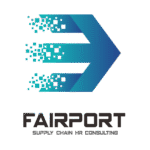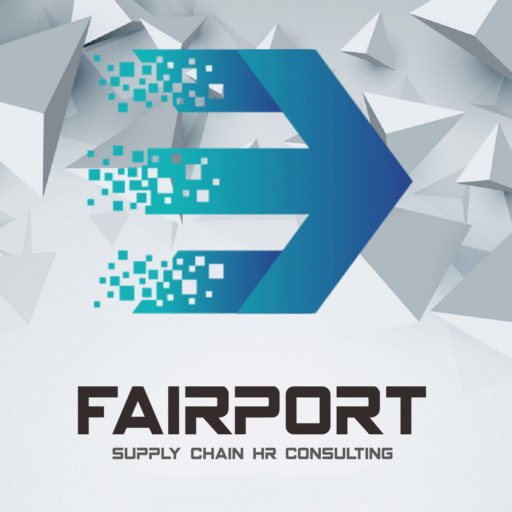Remote Recruiting: Advanced Strategies for an Effective and Professional Process
The widespread adoption of remote work is no longer just a trend; it has become an established organizational model that demands a sophisticated, professional approach to talent acquisition and selection. FairPort has developed this guide to assist companies in transitioning to an effective, structured remote recruiting process that maintains high-quality standards in talent selection—regardless of physical distance.
1. Redefining the Ideal Candidate Profile
In remote recruiting, technical skills remain essential. However, several specific soft skills take on strategic importance:
- Autonomy and Accountability: The candidate’s ability to work with minimal supervision and effectively self-manage daily tasks.
- Advanced Digital Communication: Proficiency with digital platforms to ensure clear, timely, and effective communication.
- Proactive Problem Solving: A focus on independently resolving operational and strategic challenges, preventing workflow bottlenecks.
- Technological Adaptability: Flexibility and openness to technological and organizational change, coupled with a constructive and proactive mindset.
- Virtual Relationship Intelligence: The capacity to build and maintain strong professional relationships in fully virtual contexts.
During interviews, we suggest targeted questions and practical situational exercises to thoroughly evaluate these capabilities.


Transitioning to a fully virtual process requires particular attention to the following phases:
Targeted Job Descriptions
- Clearly specify the remote nature of the role.
- Accurately define operational methods, the digital tools in use, and the unique elements of corporate culture.
- Employ inclusive, professional language to attract both qualified and diverse candidates.
Selecting Recruitment Channels
- Leverage specialized platforms such as LinkedIn Recruiter, Remote.co, We Work Remotely, and Stack Overflow.
- Enhance your company’s “Careers” page, focusing on the remote work experience and employer branding.
- Establish structured referral programs to maximize internal recommendations.
Digital Selection Process
- Use advanced digital tools for virtual interviews (Zoom, Microsoft Teams).
- Conduct online technical and behavioral assessments (HackerRank, Codility, SHL).
- Incorporate specific case studies and realistic simulations of remote work.
- Maintain timely and transparent communication regarding the recruitment stage to foster a positive candidate experience.
3. Effective Remote Onboarding
Ensuring a successful remote onboarding experience for new hires requires a structured process with attention to detail:
- Digital Welcome Kit: Comprehensive documentation on company procedures, technology tools, organizational chart, and key contacts.
- Structured Onboarding Program: Clearly defined objectives, regular checkpoints, and periodic feedback sessions.
- Virtual Mentorship: Assign a dedicated mentor to facilitate integration and support initial orientation.
- Online Socialization and Team Building: Organized activities (virtual coffee breaks, group online events) to foster cohesion and a sense of belonging within the team.
4. Technological Infrastructure for Remote Recruiting
An effective process relies on reliable, functional technology:
- Applicant Tracking Systems (ATS): Tools like Greenhouse, Lever, and Workable for efficient management of applications and processes.
- Communication and Collaboration Tools: Slack, Microsoft Teams, Google Workspace, Asana, Trello.
- Online Assessment Platforms: Services such as HackerRank and Codility for technical skills, and SHL for behavioral evaluations.
- HR and Onboarding Management Systems: Platforms like Personio, Hibob, and Factorial for integrated oversight of the employee lifecycle.
Conclusions
Remote recruiting is now a fully entrenched reality. When approached with the right strategy and adequate tools, it enables the identification, attraction, and retention of qualified talent—significantly contributing to a company’s success and competitiveness.
FairPort supports businesses in adapting to and advancing remote recruiting, turning what might seem like a challenge into a tangible competitive advantage.






